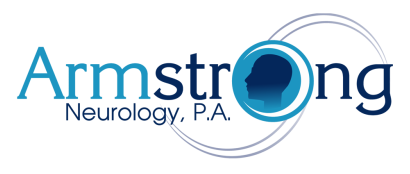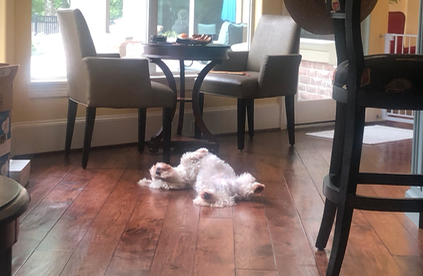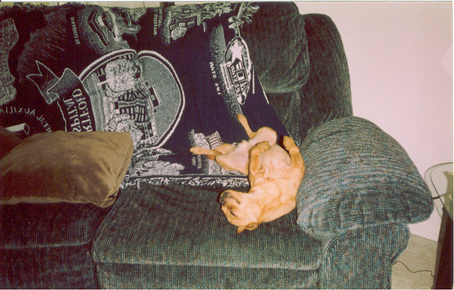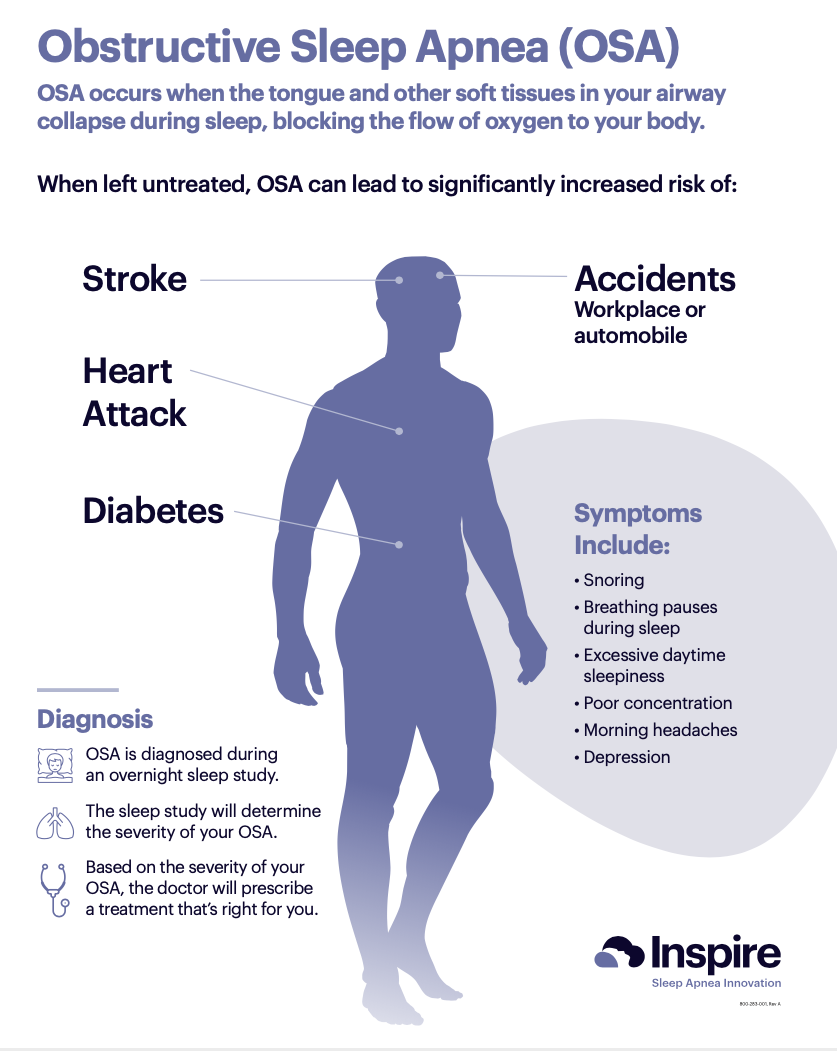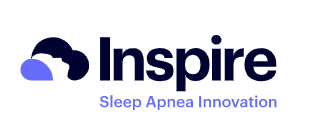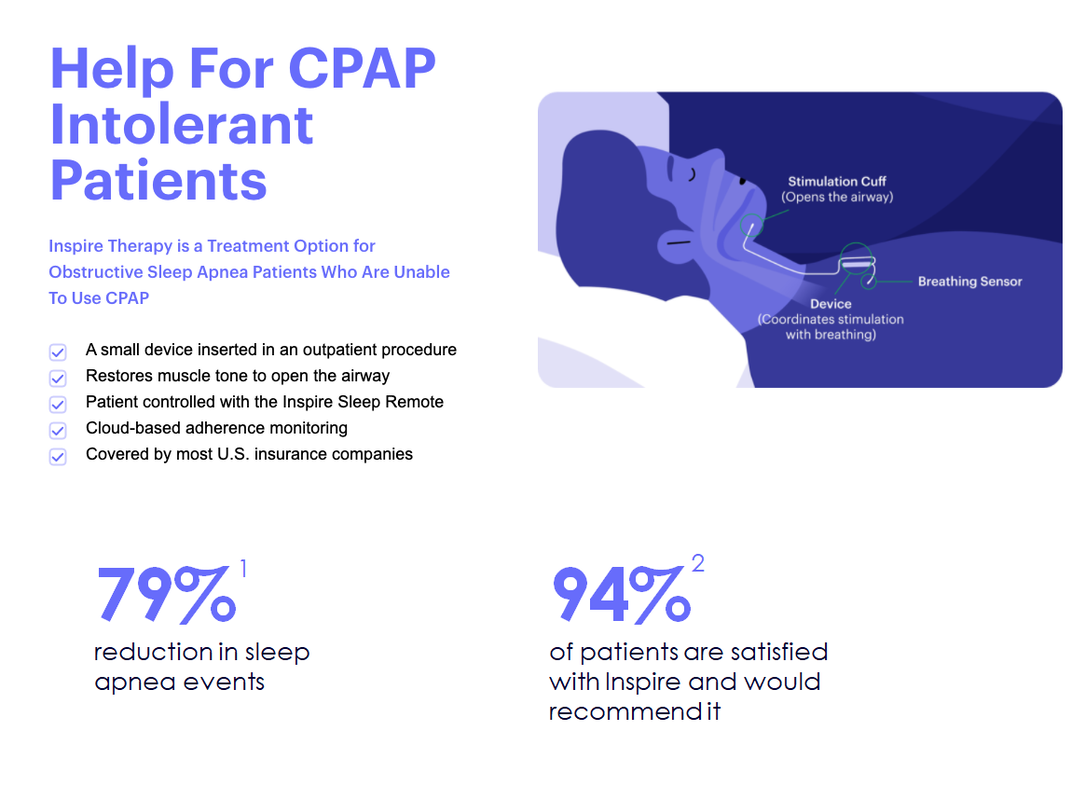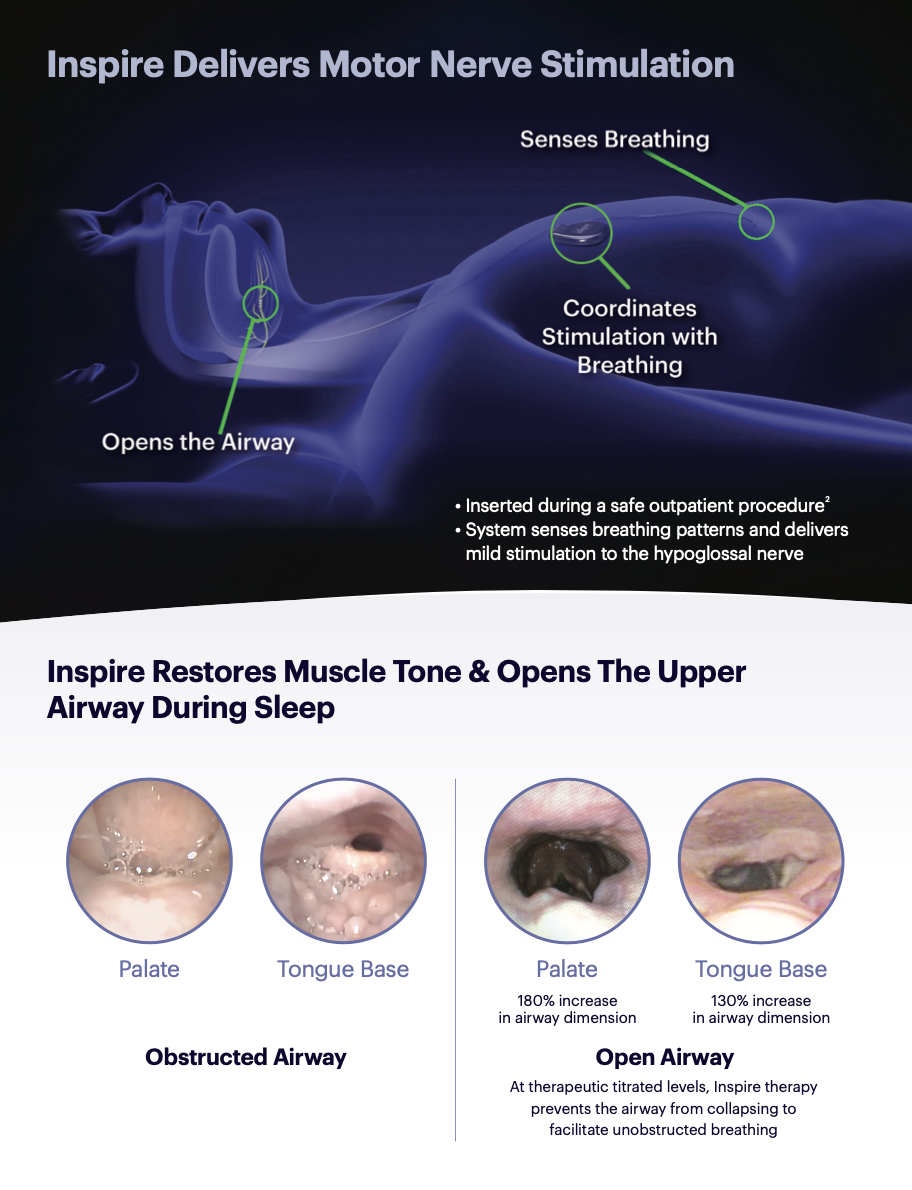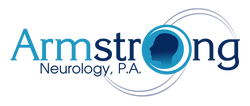Sleep Medicine
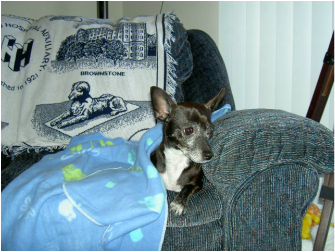
Sleep disorders are common. There are a number of different know disorders of sleep. These difficulties with sleep may manifest in a variety of ways. Many neurological conditions are associated with disruption of sleep. A thorough neurological history and evaluation are important first steps in approaching difficulties with sleep.
Here are further points that should be addressed in all patients experiencing difficulties with sleep. This advice should be viewed as the basic "homework assignment" for patients with sleep difficulties.
Timing is everything:
A critical aspect of correcting sleep disorders is the correct timing of sleep. As a general rule, the sleep time should be highly consistent from one night to the next. Staying up late, "pulling all-nighters", and using the weekend for "catch-up" sleep are actions be avoided.
Sleep hygiene:
One of the most critical aspects of sleep medicine is good sleep hygiene. Sleep hygiene refers to those techniques that may be employed, and those factors that are to be avoided, in order to assure restorative sleep. There are several general principles under this category. It is important that the sleep environment be dedicated to sleep.
The sleep environment should be that of a quiet dark room with no noise or light. There should be no distractions such as; television, books, radio, lights, food, laptops, MP3 players, pets, or children. It is important to train the subconscious mind that such activities will only occur outside the bed and in the waking state.
Stress:
Stress is a common factor interfering with sleep. It is also a common cause of insomnia. There are many resources available to help deal with stress. These include; counseling, medications, exercise, and relaxation techniques. Sometimes the source of stress and anxiety are obvious. However, at other times the cause may be more elusive. One technique that is often helpful is to keep a notebook at a desk near the bed. If there are recurrent thoughts causing insomnia, documenting these thoughts on paper is often instrumental in allowing the subconscious mind to relax and cease the cycle of repetitive reflection of such topics.
Here are further points that should be addressed in all patients experiencing difficulties with sleep. This advice should be viewed as the basic "homework assignment" for patients with sleep difficulties.
Timing is everything:
A critical aspect of correcting sleep disorders is the correct timing of sleep. As a general rule, the sleep time should be highly consistent from one night to the next. Staying up late, "pulling all-nighters", and using the weekend for "catch-up" sleep are actions be avoided.
Sleep hygiene:
One of the most critical aspects of sleep medicine is good sleep hygiene. Sleep hygiene refers to those techniques that may be employed, and those factors that are to be avoided, in order to assure restorative sleep. There are several general principles under this category. It is important that the sleep environment be dedicated to sleep.
The sleep environment should be that of a quiet dark room with no noise or light. There should be no distractions such as; television, books, radio, lights, food, laptops, MP3 players, pets, or children. It is important to train the subconscious mind that such activities will only occur outside the bed and in the waking state.
Stress:
Stress is a common factor interfering with sleep. It is also a common cause of insomnia. There are many resources available to help deal with stress. These include; counseling, medications, exercise, and relaxation techniques. Sometimes the source of stress and anxiety are obvious. However, at other times the cause may be more elusive. One technique that is often helpful is to keep a notebook at a desk near the bed. If there are recurrent thoughts causing insomnia, documenting these thoughts on paper is often instrumental in allowing the subconscious mind to relax and cease the cycle of repetitive reflection of such topics.
Sleep should be 'care-free' as demonstrated below:
Sleep diary:
The sleep diary is an excellent source of information for the patient and the neurologist. The careful documentation of the actual sleep and awake periods is often helpful in guiding further input to correct sleep disorders.
(see below)
Exercise:
Perhaps this topic has been mentioned before. It seems a dedicated exercise program has numerous benefits. When it comes to sleep medicine this is no exception. Properly timed exercise has been proven to have beneficial effects on sleep.
Cognitive behavioral therapy:
For those patients that continue to struggle with sleep Cognitive Behavioral Therapy is often extremely helpful. This involves scheduling an appointment with a counselor with specialty training in sleep disorders. Today there are a number of know therapeutic techniques that can help a vast number of patients get back to a normal sleep cycle.
Phototherapy:
There are times when the sleep cycle may become delayed or advanced. There are now techniques available to assist with the gradually retiming of sleep to more appropriate hours with the timing of light exposure.
___________________________________________________
Sleep apnea:
Inspire sleep system:
For select patients there is an implantable device that can serve as an alternative to traditional CPAP. This is the Inspire device. It is an implantable stimulator. To learn more, click on the link below:
For select patients there is an implantable device that can serve as an alternative to traditional CPAP. This is the Inspire device. It is an implantable stimulator. To learn more, click on the link below:
For those interested, there are specific criteria that must be met in order to be considered a surgical candidate.
1) Must be 18 years or older
2) On the sleep study report, the AHI score must be 15 - 65.
3) On the sleep study report, there must be fewer than 25% central apneas.
4) Patient must report they are unable to tolerate CPAP therapy.
5) There must not be any concentric airway collapse at the palate level (determined on sedated endoscopy)
6) BMI must be less than 32.
Remede System:
The remedē System is a breakthrough implantable system that safely and effectively treats moderate to severe Central Sleep Apnea (CSA) in adult patients. CSA is a serious breathing disorder that disrupts the normal breathing pattern during sleep and has been shown to negatively impact quality of life and heart health.
The latest advancement in remedē System technology is now FDA approved.
Forms:
Your browser does not support viewing this document. Click here to download the document.
Your browser does not support viewing this document. Click here to download the document.
|
Beck depression inventory:
|
Pittsburgh sleep quality index (PSQI):
| ||||||||||||
|
Insomnia severity index (ISI):
|
Dysfunctional beliefs and attitudes about sleep (DBAS):
| ||||||||||||
